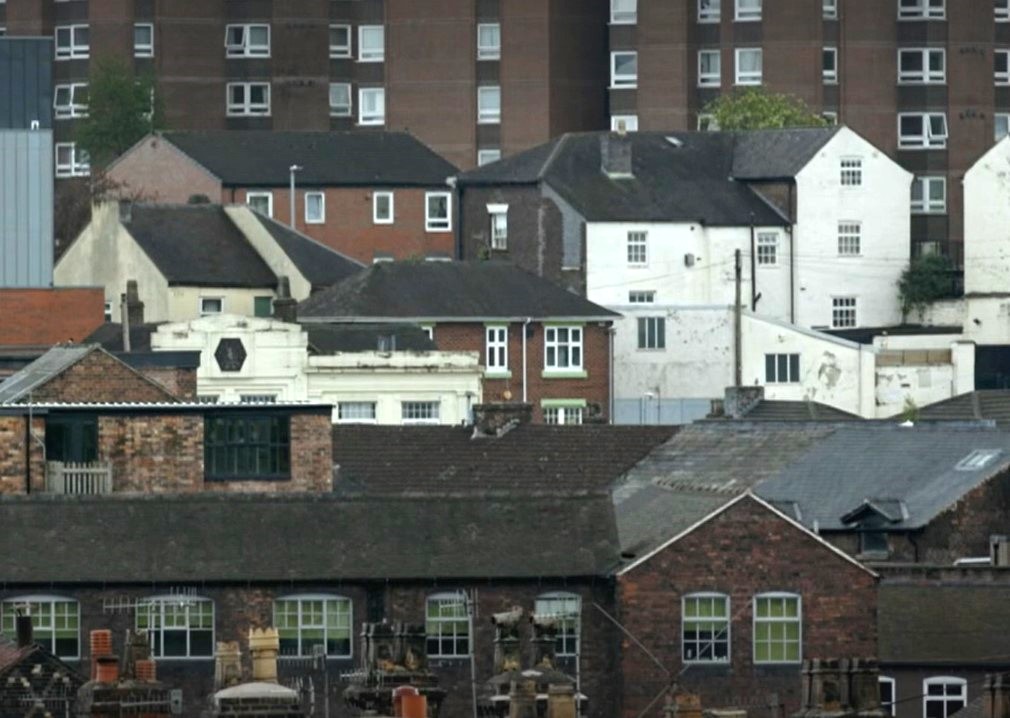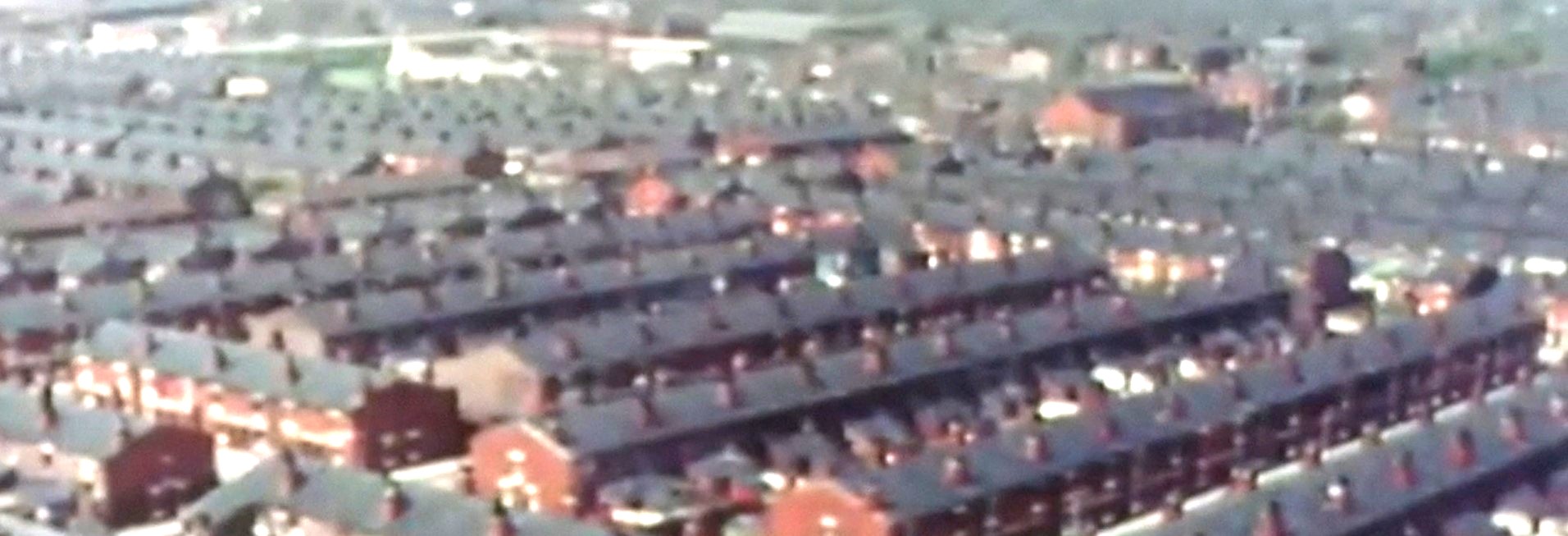By Mark Langabeer, Hastings and Rye Labour member
A new two-part documentary on the BBC 2 gives some good insights into the causes of Britain’s housing crisis. It actually starts with recordings of Anthony Eden, Margaret Thatcher and John Major, all former Tory Prime Ministers who sang the virtues of a society based upon a home-owning democracy. Home ownership did actually increase during the latter part of the twentieth century.
But in the twenty-first century, there has seen a gradual decline in home ownership and the programme attempted to explain why this is the case. The principle cause is that demand is outstripping supply, resulting in higher house prices, which are increasingly unaffordable for most young people. The programme argues that Government policies have contributed to this.
It starts with the election of Tony Blair, and ‘New Labour’. The Chancellor, Gordon Brown, announced that the Bank of England would be independent of government and able to determine interest rates itself. Low interest rates tended to attract investment from abroad, but into assets rather than stocks and shares.
This started a 25 year boom in house prices. Like their Tory predecessors, New Labour refused to allow councils to build new council houses. Then came the crash of 2007/8. To avoid a depression, the Bank of England reduced interest rates even further and introduced what was described as Quantative Easing, which basicelly involved printing money.
But the result was even more speculation in property and a further rise in house prices. After 2010, the Tories in coalition with the Lib Dems, decided to introduce a help-to-buy scheme. With only a 5% deposit first time buyers were offered an equity loan from the government of 20% of the house value.
The right to buy housing association houses
This scheme did initially increase new builds, because it acted as subsidy to developers, but an estimated 57% of those who benefited from the scheme could have secured a mortgage without the need for help-to-buy. In 2010 , 60,000 affordable homes were built and this had fallen to just over 20,000 by 2015.
The Tories won the general election again in 2015 and introduced a new right-to-buy, this time extending Thatcher’s right-to-buy for council houses to housing association homes. This policy did nothing to increase the supply of affordable homes, so house prices continued to rise.

At the turn of the century, the programme points out, the average house was around 3-6 times an average annual salary. Today, it is at least 7 times. The inability of people to buy, especially young couples, has resulted in a shift to rented property, rising rental costs and more seeking social housing. Due to austerity, and big cuts in money going to local authorities, these are unable to build or maintain the remaining properties that they own. Budgets for council builds have been cut by 62%.
One of the scandals to emerge was that large building companies sold homes on leasehold, meaning that the ‘homeowner’ didn’t own the land on which the house stood and had to pay a ‘ground rent’ to the owner. But the landowner, was often an investor or other company. This is a common arrangement for flats occupying a single building, but even then, the ground rent was normally a nominal sum. It is completely unnecessary for a newbuild house and was described by someone on the programme as a ‘Victorian’ practice.
A lot of newbuild properties have large ground rents charged to them and contractual stipulations that allowed regular (and often high) increases. Some, according to the programme even said that householders needed permission for owning a cat! The big building companies were forced to abandon this policy, but only because of the public outcry that begun to develop and campaigns to change the law on leasehold properties.
The housing market only works for developers
Then, during Covid, Rishi Sunak, then Chancellor, decided to reduce stamp duty. This meant that even during the dark days of the pandemic, house prices continued to rise. It is only recently, as the economy drifts near recession, and interests rates have gone up dramatically, that house prices have fallen.
“The Housing market doesn’t work for the majority”, one of the programme contributors said, “It only works for the developers, landlords and the big investors”. The programme indeed pointed to the growth in profits and dividend payouts of the big companies which have soared from about £400mn to around £2.5bn by 2019.
Some of the largest bonuses are paid to their CEOs and directors. At Labour Party conference, Keir Starmer made a big thing about changing planning laws, but this is just a rehash of Cameron’s policy that never saw the light of day. The failure of the companies to build has nothing to do with planning. There are over a million homes for which planning approval has been given, but which are not being built. Profit is everything and the ‘market’ system relies on shortage to keep prices up.
Instead, Starmer should be demanding a massive council house building programme and at affordable rents. That is the way to increase supply. There is a huge demand for housing and relying on the private market, which needs shortage, will never solve the housing crisis.
The programme is available on BBC i-player, here. [Pictures from the programme]



